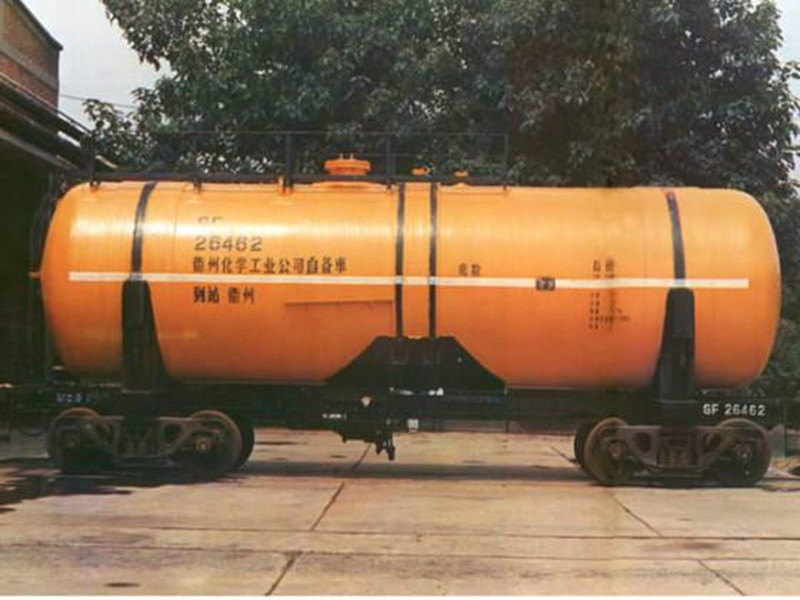
-
 Afrikaans
Afrikaans -
 Albanian
Albanian -
 Amharic
Amharic -
 Arabic
Arabic -
 Armenian
Armenian -
 Azerbaijani
Azerbaijani -
 Basque
Basque -
 Belarusian
Belarusian -
 Bengali
Bengali -
 Bosnian
Bosnian -
 Bulgarian
Bulgarian -
 Catalan
Catalan -
 Cebuano
Cebuano -
 China
China -
 China (Taiwan)
China (Taiwan) -
 Corsican
Corsican -
 Croatian
Croatian -
 Czech
Czech -
 Danish
Danish -
 Dutch
Dutch -
 English
English -
 Esperanto
Esperanto -
 Estonian
Estonian -
 Finnish
Finnish -
 French
French -
 Frisian
Frisian -
 Galician
Galician -
 Georgian
Georgian -
 German
German -
 Greek
Greek -
 Gujarati
Gujarati -
 Haitian Creole
Haitian Creole -
 hausa
hausa -
 hawaiian
hawaiian -
 Hebrew
Hebrew -
 Hindi
Hindi -
 Miao
Miao -
 Hungarian
Hungarian -
 Icelandic
Icelandic -
 igbo
igbo -
 Indonesian
Indonesian -
 irish
irish -
 Italian
Italian -
 Japanese
Japanese -
 Javanese
Javanese -
 Kannada
Kannada -
 kazakh
kazakh -
 Khmer
Khmer -
 Rwandese
Rwandese -
 Korean
Korean -
 Kurdish
Kurdish -
 Kyrgyz
Kyrgyz -
 Lao
Lao -
 Latin
Latin -
 Latvian
Latvian -
 Lithuanian
Lithuanian -
 Luxembourgish
Luxembourgish -
 Macedonian
Macedonian -
 Malgashi
Malgashi -
 Malay
Malay -
 Malayalam
Malayalam -
 Maltese
Maltese -
 Maori
Maori -
 Marathi
Marathi -
 Mongolian
Mongolian -
 Myanmar
Myanmar -
 Nepali
Nepali -
 Norwegian
Norwegian -
 Norwegian
Norwegian -
 Occitan
Occitan -
 Pashto
Pashto -
 Persian
Persian -
 Polish
Polish -
 Portuguese
Portuguese -
 Punjabi
Punjabi -
 Romanian
Romanian -
 Russian
Russian -
 Samoan
Samoan -
 Scottish Gaelic
Scottish Gaelic -
 Serbian
Serbian -
 Sesotho
Sesotho -
 Shona
Shona -
 Sindhi
Sindhi -
 Sinhala
Sinhala -
 Slovak
Slovak -
 Slovenian
Slovenian -
 Somali
Somali -
 Spanish
Spanish -
 Sundanese
Sundanese -
 Swahili
Swahili -
 Swedish
Swedish -
 Tagalog
Tagalog -
 Tajik
Tajik -
 Tamil
Tamil -
 Tatar
Tatar -
 Telugu
Telugu -
 Thai
Thai -
 Turkish
Turkish -
 Turkmen
Turkmen -
 Ukrainian
Ukrainian -
 Urdu
Urdu -
 Uighur
Uighur -
 Uzbek
Uzbek -
 Vietnamese
Vietnamese -
 Welsh
Welsh -
 Bantu
Bantu -
 Yiddish
Yiddish -
 Yoruba
Yoruba -
 Zulu
Zulu
Innovative Techniques for GRP Winding Machine Efficiency and Performance Improvement
Understanding GRP Winding Machines Revolutionizing Composite Production
In the realm of advanced manufacturing, GRP (Glass Reinforced Plastic) winding machines play a pivotal role in producing strong, lightweight composite materials used in various industries. These machines utilize a sophisticated winding technique that enables the creation of components with exceptional structural integrity. This article explores the functionality, advantages, and applications of GRP winding machines.
Understanding GRP Winding Machines Revolutionizing Composite Production
One of the primary benefits of using GRP winding machines is the enhanced strength-to-weight ratio of the resulting composites. This characteristic makes GRP materials ideal for applications in industries such as aerospace, automotive, and marine. For instance, aircraft components manufactured from GRP are not only lighter than their aluminum counterparts but also offer superior resistance to corrosion and fatigue. This results in fuel efficiency and prolonged service life, crucial factors in the competitive aerospace sector.
grp winding machine

Moreover, the automation provided by GRP winding machines significantly improves production efficiency. Traditional methods of composite layup can be labor-intensive and time-consuming. In contrast, employing winding machines streamlines the process, reduces labor costs, and minimizes the margin for human error. Advanced models can also integrate digital control systems that monitor and adjust parameters in real-time, ensuring consistent quality across batches.
The versatility of GRP winding machines extends to their ability to produce a wide range of products. Common applications include tanks, pipes, and structural components for various industries. For instance, the water and wastewater management sector often utilizes GRP pipes due to their resistance to chemically aggressive environments. Additionally, in the power sector, GRP is increasingly used to manufacture components for wind turbines, enhancing their durability against harsh weather conditions.
Furthermore, sustainability is becoming a significant focus in manufacturing practices, and GRP winding machines can contribute to environmental responsibility. By optimizing material use and minimizing waste during the production process, these machines support the development of eco-friendly products. The longevity of GRP products also means less frequent replacement, leading to lower overall resource consumption over time.
In conclusion, GRP winding machines have revolutionized the production of composite materials, offering substantial advantages in terms of strength, efficiency, and versatility. As industries continue to seek lighter and stronger materials, the demand for GRP winding technology is likely to grow, paving the way for further innovations in material science and manufacturing processes. Through advancements in winding technology, we are not just enhancing the present; we are also laying the groundwork for a more sustainable and efficient industrial future.









